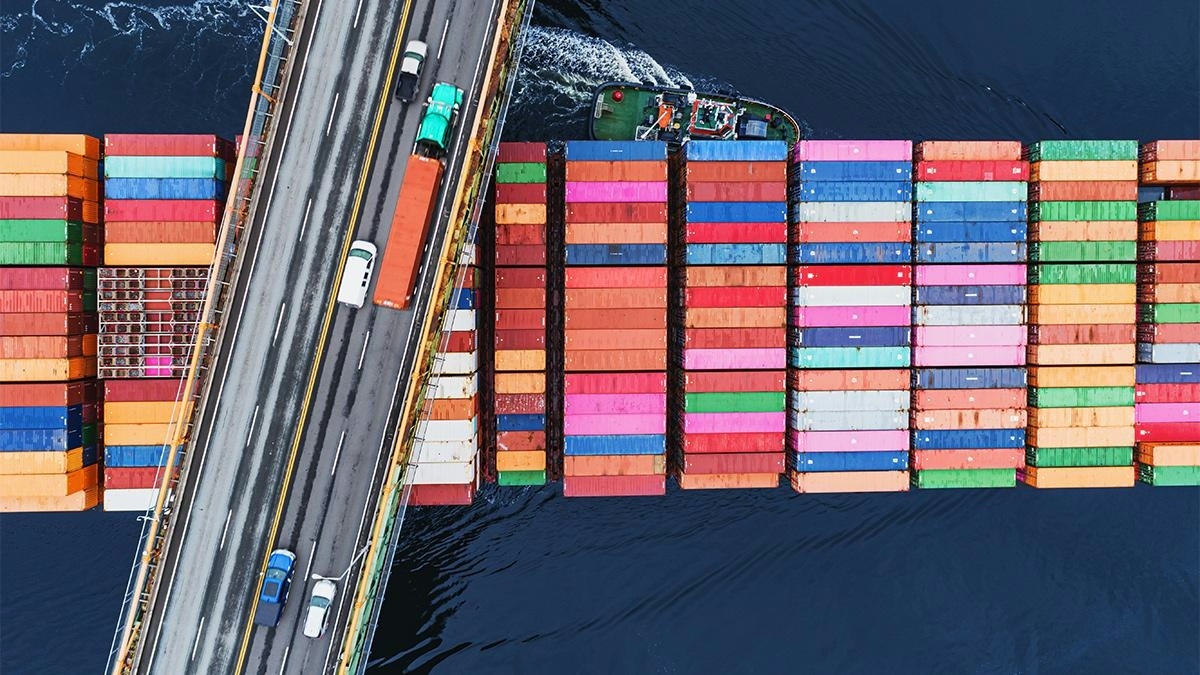AeroGenie — Ihr intelligenter Copilot.
Trends
Categories
Supply Chain Bottlenecks Disrupt Global Trade

Supply Chain Bottlenecks Disrupt Global Trade
Impact on Aviation and Cargo Sectors
A global shortage of critical components is significantly disrupting the aviation industry and related sectors, with far-reaching consequences for airlines and logistics providers. At Lufthansa, for instance, pilots trained for the anticipated arrival of new Boeing 787 aircraft find themselves in a state of uncertainty as deliveries are delayed due to seat certification issues. In Frankfurt, operational challenges are compounded by the fact that one in five long-haul aircraft remains grounded as a reserve, while older planes, more prone to mechanical failures, continue to strain the airline’s capacity.
This bottleneck extends beyond passenger airlines into the cargo sector, where the delayed introduction of newer aircraft—expected to enhance cargo capacity—has left logistics companies struggling to meet growing demand. These operational difficulties are further exacerbated by broader challenges in global trade, including rising tariffs and the imposition of new trade barriers, particularly in industries such as clean energy. Analysts note that these obstacles are intensifying uncertainty and complicating supply chain management on a global scale.
Market Reactions and Industry Responses
The repercussions of these disruptions are already evident in various markets. Price increases and shortages are emerging across multiple sectors, exemplified by the potential wine shortage in the United Kingdom following a strike at a bottling plant. In response, companies are reassessing their sourcing strategies, adjusting production timelines, and investing in technological solutions to mitigate risks. However, the effectiveness of these measures is limited by the fact that only 23 percent of supply chains currently employ a comprehensive artificial intelligence strategy, according to Gartner.
Lufthansa Technik, the airline’s maintenance division, has experienced heightened demand for maintenance and overhaul services due to the aging global fleet and ongoing issues with new-generation engines. Yet, it too faces significant challenges, as a shortage of spare parts hampers its ability to maintain aircraft operational. This situation highlights how supply chain disruptions can impact even those sectors positioned to benefit from increased demand.
Challenges Ahead for Global Logistics
As global logistics networks contend with these complex challenges, the industry is entering a period marked by heightened uncertainty. The interplay of component shortages, trade-related obstacles, and limited adoption of advanced technologies underscores the intricate nature of restoring stability to global trade.

Emirates Unveils Cabin Design for New Boeing 777X

Eighteen Years On, the Airbus A380 Remains Central to a $34 Billion Airline

How a boom in luxury airline seats is slowing down jet deliveries

Navitaire Outage Attributed to Planned Maintenance

DigiYatra Debuts Outside Aviation at India AI Impact Summit

Vietnam Orders Strengthen Boeing’s Commercial Outlook

Airbus Signals Uncertainty Over Future A400M Orders

JobsOhio Awards $2 Million Grant to Hartzell Propeller for Innovation Center

Collins Aerospace Tests Sidekick Autonomy Software on YFQ-42A for U.S. Air Force CCA Program

How the Airbus A350-1000 Compares to the Boeing 777
